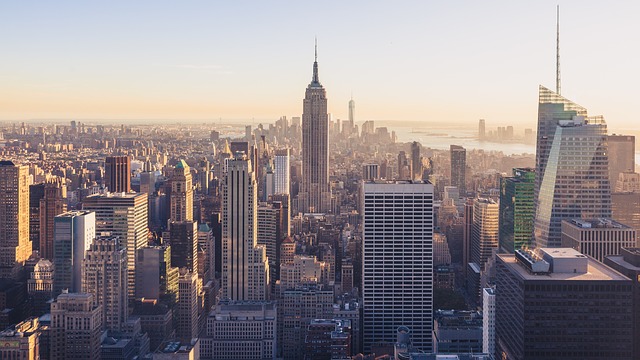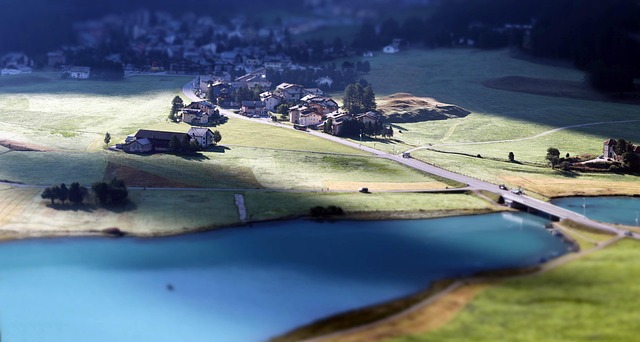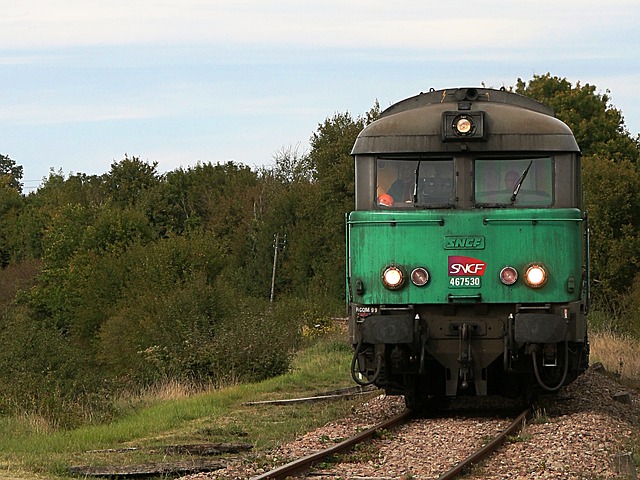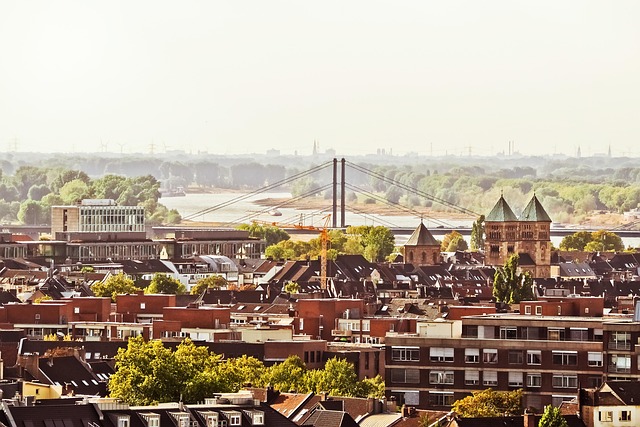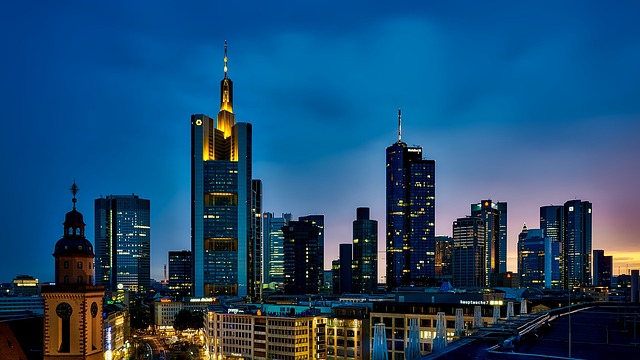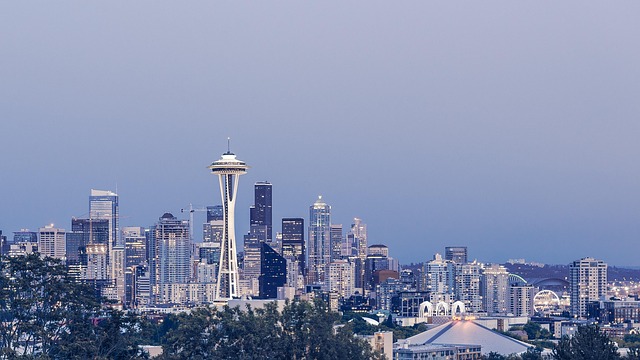Gentrification is a complex process driven by real estate market dynamics, where neighborhoods experience rapid development due to rising property values and increased demand. This attracts diverse residents and businesses, revitalizing areas but often displacing long-time residents due to affordability challenges. Real estate developers play a significant role in perpetuating this cycle through renovated properties and improved infrastructure, enhancing the area's desirability. While gentrification fosters positive changes, it also creates ethical considerations for developers, such as collaborative planning, affordable housing, and preserving cultural heritage for sustainable urban development.
Gentrification, a powerful force in urban real estate, is transforming neighborhoods and driving property values to new heights. This dynamic process, characterized by the influx of wealthier residents and improved infrastructure, creates a ripple effect across local markets. In this article, we explore the intricate relationship between gentrification and rapid property value appreciation. From understanding the underlying mechanisms to assessing its implications for communities and developers, we delve into the multifaceted impact of gentrification on the ever-evolving landscape of real estate.
Understanding Gentrification: The Dynamic of Change in Real Estate Markets
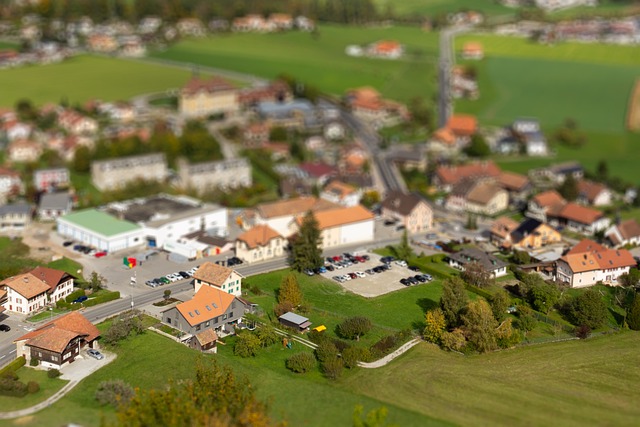
Gentrification, a complex phenomenon, refers to the process where neighborhoods experience rapid development and transformation, often led by rising property values. This dynamic shifts areas from relatively affordable to more expensive, attracting new residents with diverse economic backgrounds. The real estate market plays a pivotal role in this transformation, as increased demand drives up prices, making once-affordable homes out of reach for long-time residents.
Understanding gentrification requires examining the interplay between supply and demand. As areas gain popularity due to their unique culture, amenities, or proximity to urban centers, developers recognize opportunities to invest. This influx of capital results in renovated properties, improved infrastructure, and a revitalized atmosphere—all factors that further enhance the desirability of the area, perpetuating a cycle of rising property values in real estate markets.
Impact on Property Values: How Gentrification Drives Rapid Appreciation
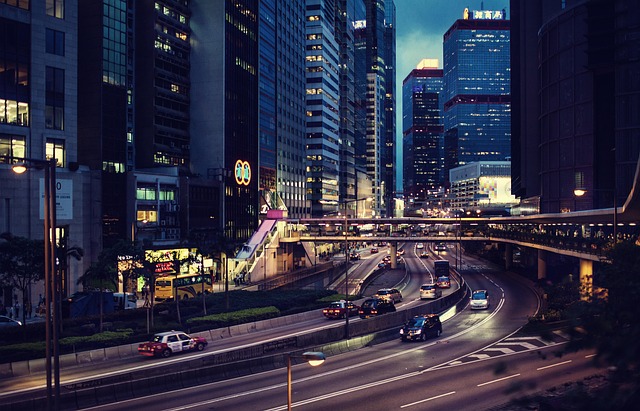
Gentrification has a profound impact on real estate markets, particularly when it comes to property values. As areas undergo gentrification, there’s a ripple effect that quickly drives up property prices. This is primarily due to increased demand from new residents who are often attracted by the vibrant atmosphere, improved amenities, and higher quality of life associated with gentrified neighborhoods. With more potential buyers entering the market, competition rises, leading to a natural increase in real estate values.
The process accelerates when existing properties are renovated or updated to meet the standards of the changing demographic. As homes become more desirable, investors and new residents alike drive up prices even further. This rapid appreciation can be both a blessing and a curse for long-time residents who may struggle to afford the rising costs. However, it also attracts businesses and services, further enhancing the neighborhood’s appeal and contributing to a positive cycle of real estate development.
Implications and Considerations for Local Communities and Developers
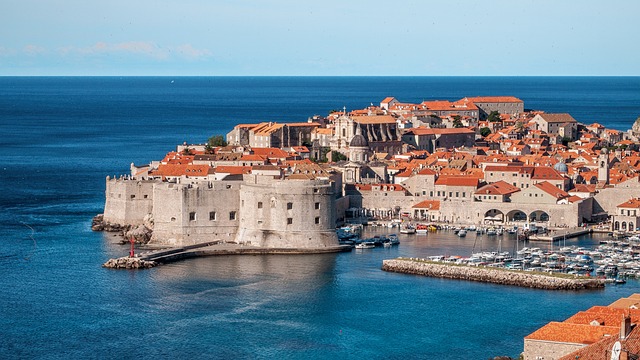
Gentrification, with its rapid increase in property values, brings about a complex web of implications for both local communities and real estate developers. For established residents, rising costs can lead to displacement, altering the cultural fabric of neighborhoods. This shift is particularly significant when historic or low-income areas experience sudden gentrification, as it may disrupt long-standing community ties and traditional ways of life.
Developers, on the other hand, find opportunities in these changing landscapes. The potential for high returns attracts investment, leading to new construction and renovated properties. However, developers must navigate ethical considerations, ensuring that their projects contribute positively to the existing community. This includes collaborative planning with locals, affordable housing initiatives, and preserving cultural heritage to foster sustainable and inclusive urban development.

